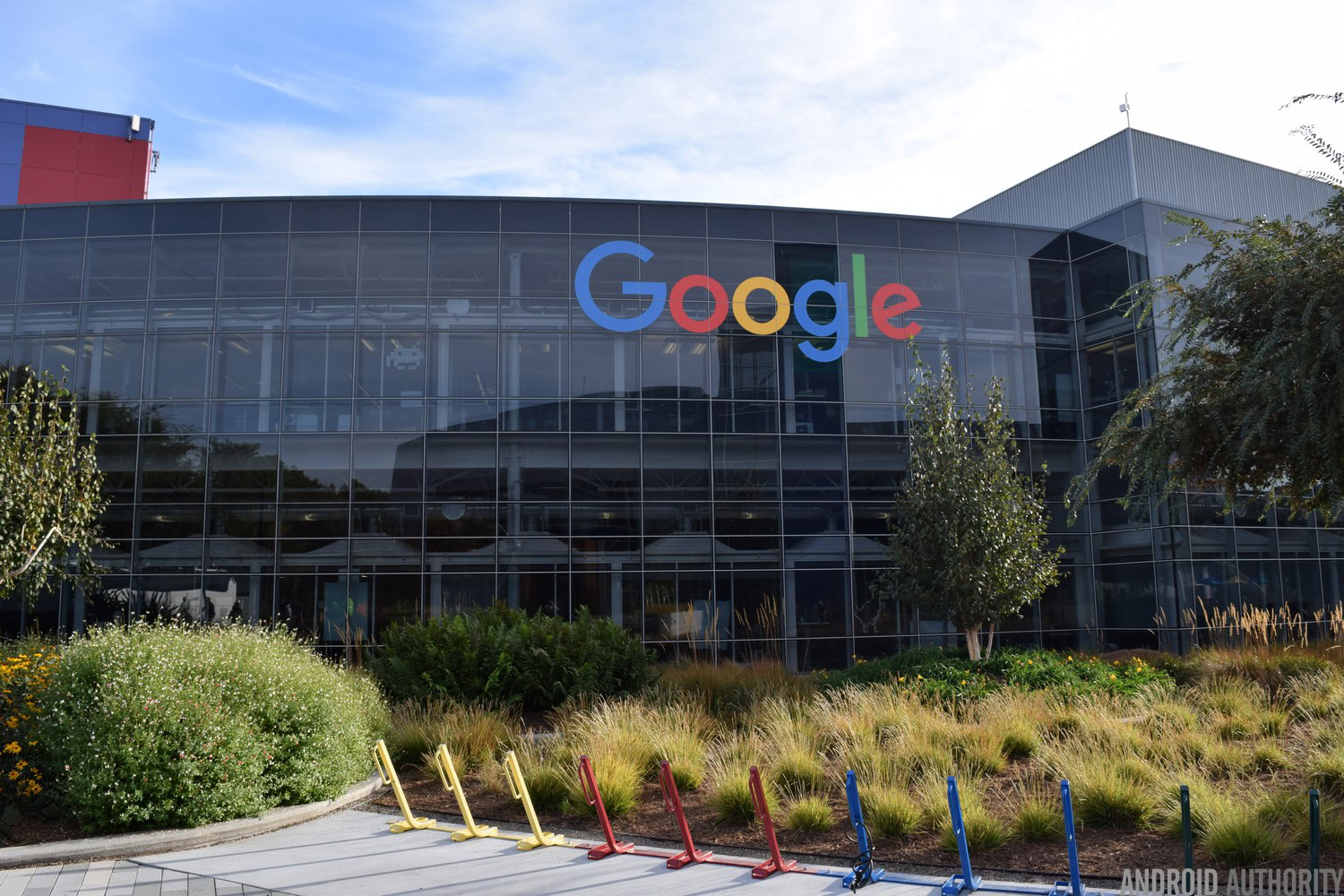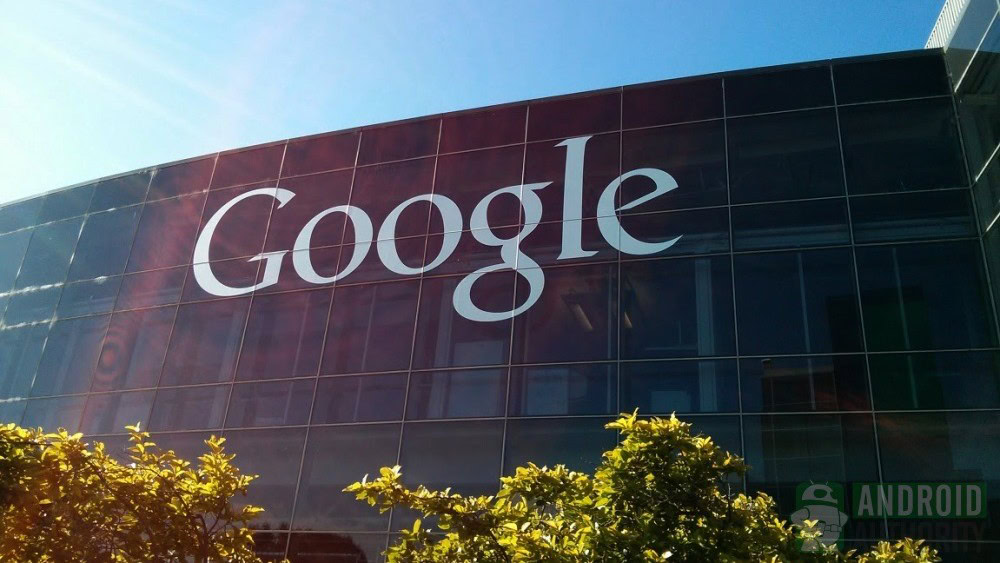Affiliate links on Android Authority may earn us a commission. Learn more.
Google to European Commission: Android offers more choice for consumers
November 10, 2016

In April, the European Commission regulatory agency announced a preliminary judgement that Google violated its antitrust rules with its Android OS, claiming that it was the source of anti-competitive behavior in the smartphone market. Today, Google filed its official response to the EC decision, claiming that Android actually offers more choice for smartphone consumers.

In its April statement, the EC claims that Google’s decision to require that Android devices pre-install its search engine and Chrome web browser in order to get the Google Play Store was anti-competitive. It claimed that “the practices close off ways for rival search engines to access the market, via competing mobile browsers and operating systems.”
In its blog post today, Google stated that the EC’s decision was based on the idea that Android does not compete with Apple’s iOS ecosystem. It stated:
We don’t see it that way. We don’t think Apple does either. Or phone makers. Or developers. Or users. In fact, 89% of respondents to the Commission’s own market survey confirmed that Android and Apple compete. To ignore competition with Apple is to miss the defining feature of today’s competitive smartphone landscape.
Google also says that they don’t insist that any Android device maker pre-install apps on their device, but rather offer them the chance to give their customers a suite of apps that offer familiar and basic services. It stated:
Android’s competitors, including Apple’s iPhone and Microsoft’s Windows phone, not only do the same, but they allow much less choice in the apps that come with their phones. On Android, Google’s apps typically account for less than one-third of the preloaded apps on the device (and only a small fraction of device memory). A consumer can swipe away any of our apps at any time. And, uniquely, hardware makers and carriers can pre-install rival apps right next to ours. In competition-speak, that means there’s no foreclosure.
Google also notes that many pre-loaded apps on Android don’t succeed while others that have to be downloaded have been hugely successful. Finally, they insist that pre-loaded apps like Google Search are offered to Android device makers for free, with no licensing fees.
This free distribution is an efficient solution for everyone — it lowers prices for phone makers and consumers, while still letting us sustain our substantial investment in Android and Play.
If the EC does decide to officially declare that Google violated its antitrust rules, it could fine the company up to 10 percent of its previous financial year’s turnover, which would come to $74.5 billion. There is no timeframe for the EC to make its final decision.